Black college students entered the local public library in Petersburg, Virginia to access resources paid for by their taxes.
The event is described in The 50th Anniversary of the Petersburg Library Sit-in, the First of the Civil Rights Era in The Progress-Index,
On a crisp, cold winter morning [in 1960], a group of African American protesters, led by the Rev. Wyatt T. Walker and the Rev. R. G. Williams, did the unthinkable. They entered the strictly segregated Petersburg Public Library at 137 S. Sycamore St. through the front door on the first floor, which was reserved for the exclusive use of white patrons.
Walker approached the counter of Petersburg’s central library and asked for a biography of Confederate hero Gen. Robert E. Lee. That simple walk up the steps of the William R. McKenney Central Library on Feb. 27, 1960, marked the beginning of racial integration in Petersburg, a city with a total population of 38,500, among them 18,000 African Americans.
Following a month of sit-ins combating segregation in public spaces across the South — starting with the Greensboro Sit-in on Feb. 1 — Petersburg, Virginia, also saw lunch counter sit-ins that preceded the McKenney Library Sit-in.
According to the Historic Petersburg Foundation article McKenney Library Sit-in:
On February 23, 1960, fifteen to twenty Black students sat down at the lunch counter at S. S. Kresge Company. Smaller groups of students, primarily from Peabody High School, sat down at the white’s only lunch counters at McClellan’s and the W. T. Grant Company. In Petersburg at that time, African Americans could order from lunch counters but were not permitted to sit down and obtain service. All three of these establishments closed their lunch counters that day. This was the opening salvo of the Civil Rights Movement in Petersburg.
Describing the events McKenney Library Sit-in on February 27, 1960, the McKenney Library Sit-in article continues:
Under the leadership of Reverend Wyatt Tee Walker, pastor of Gillfield Baptist Church, approximately 140 African American students from Peabody and Virginia State College walked in the main entrance and took all the available seats inside. Library access for African Americans at that time was through a side entrance that led only to the colored branch in the basement. The library was closed for the next four days, and the city council passed a tougher ordinance to deter trespassing and refused to integrate the library.
On March 7, 15 Black people walked through the front door of the library and took seats inside reserved for whites. Eleven were arrested and under the new city ordinance, each faced up to a year in jail and a fine of up to $1,000. Five remained in jail for more than forty hours. On the night of March 8, approximately 200 people participated in a prayer vigil on the steps of the Petersburg Hustings Courthouse.
. . . By the end of 1960, the protests by African Americans in Petersburg resulted in the opening of all lunch counters, the public library, and numerous other business and government offices to all Petersburg citizens regardless of color.

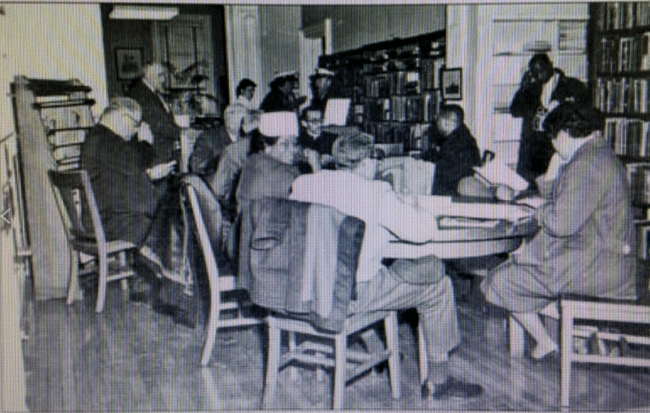
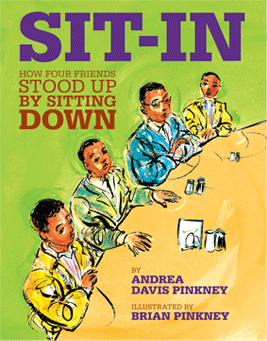
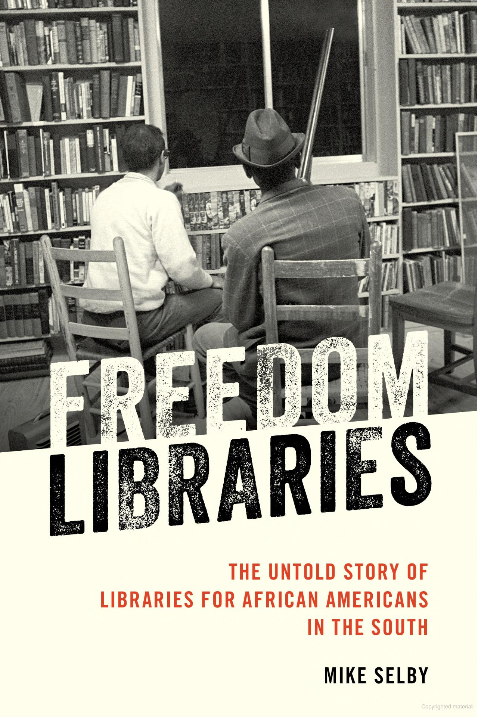
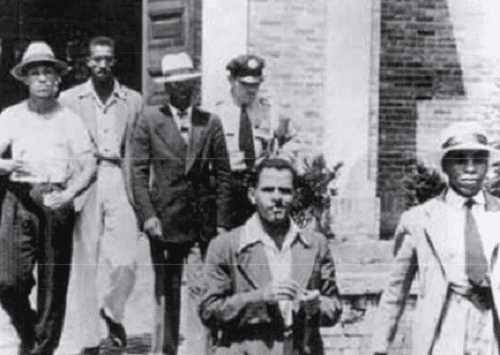
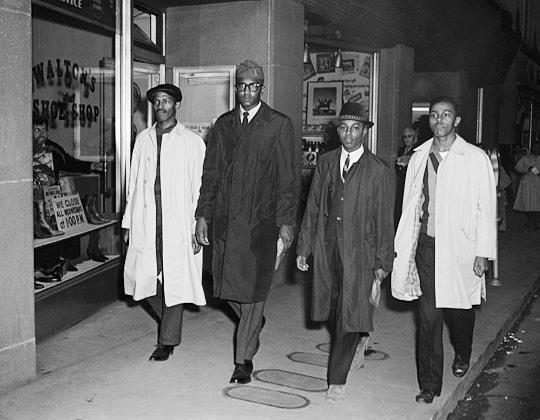
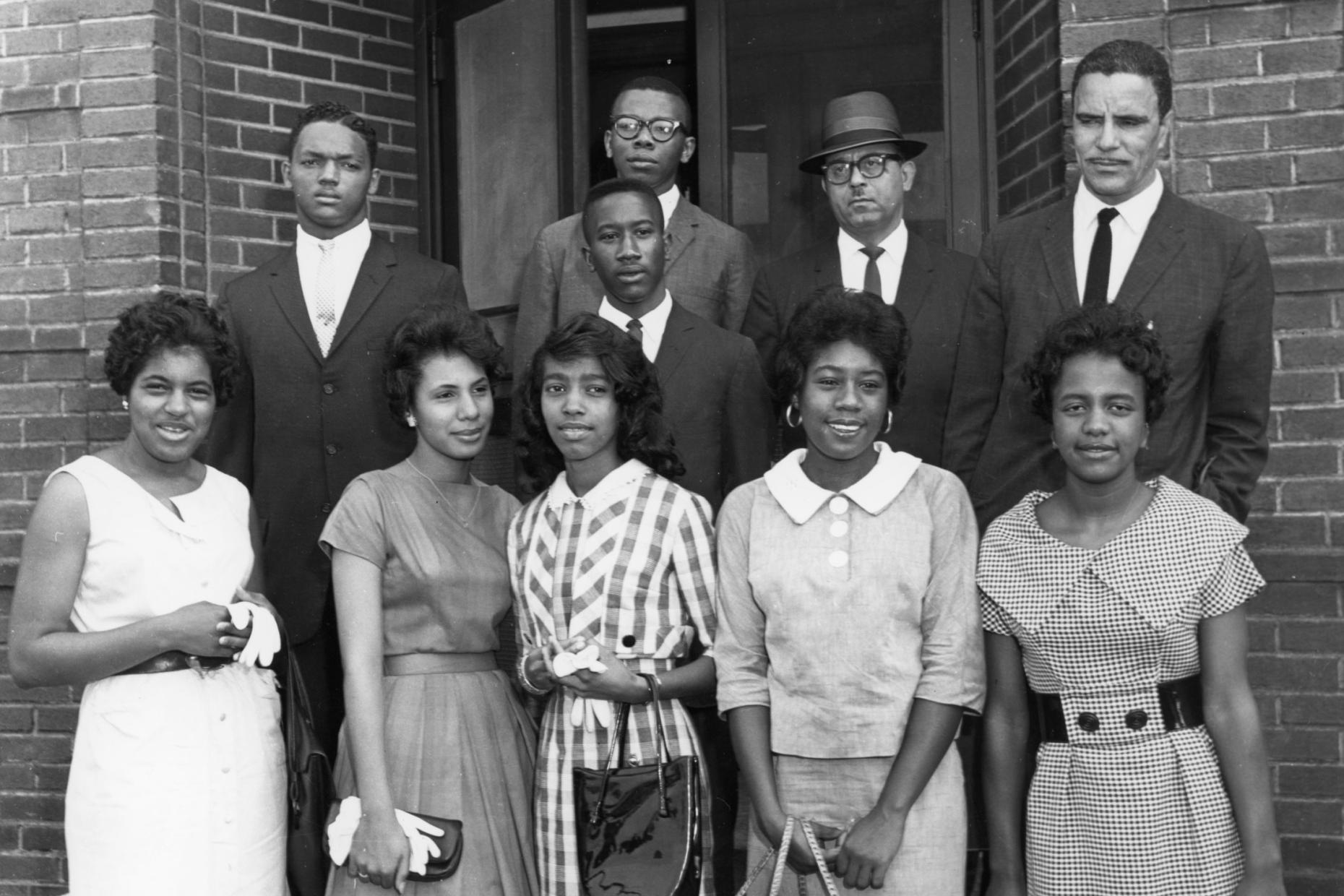
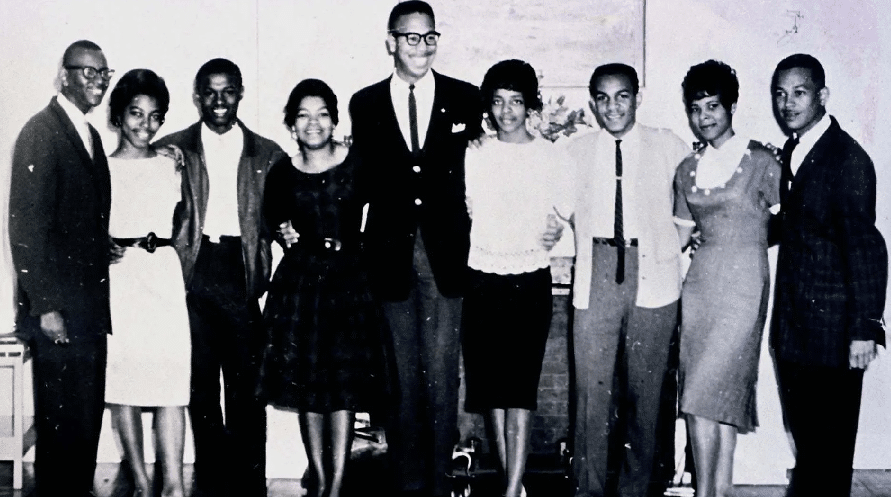
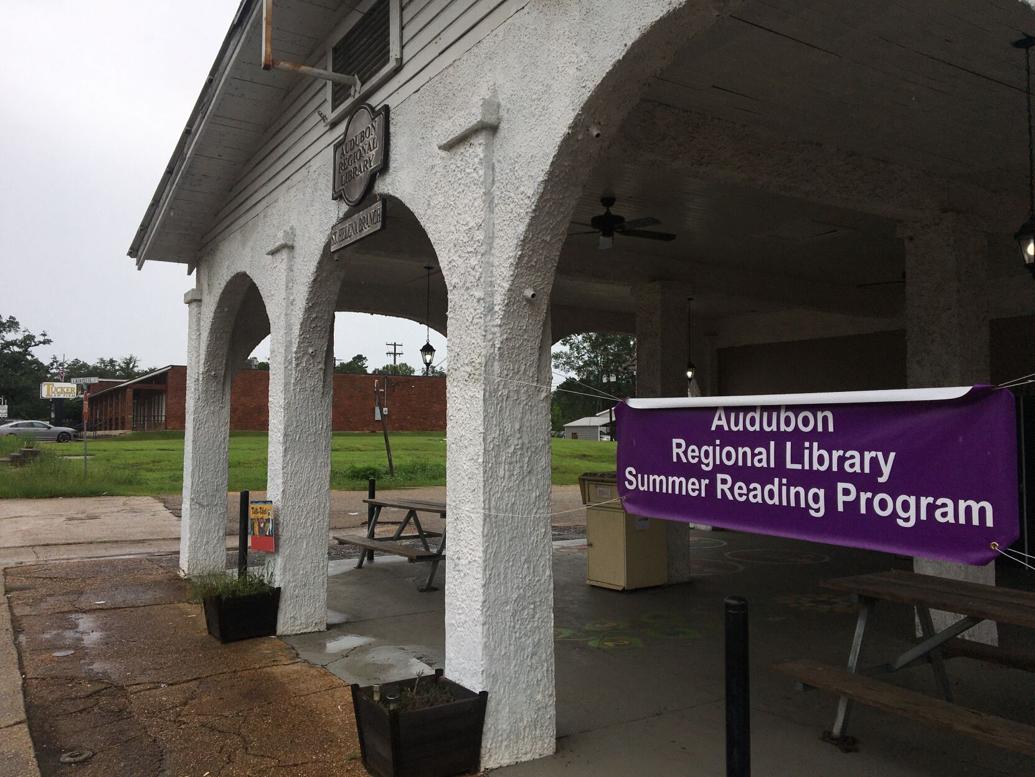
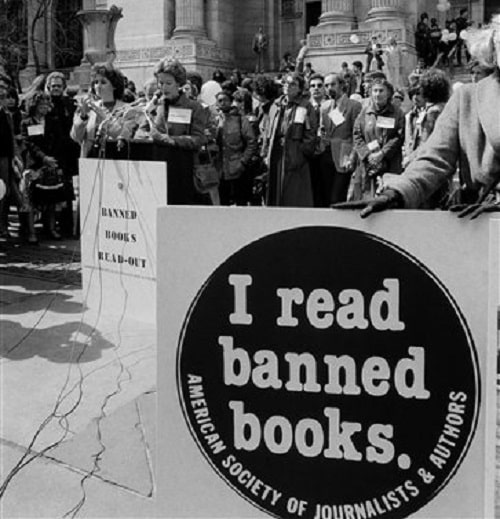





Twitter
Google plus
LinkedIn